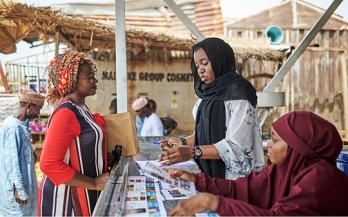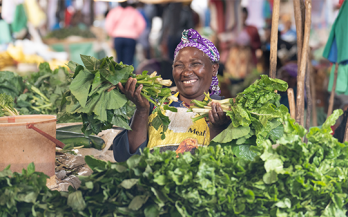

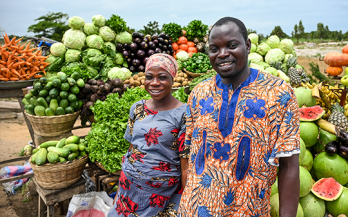
The Food Systems Countdown Initiative Policy Report 2024
Food systems are a foundation of human and planetary well-being and central to achieving the Sustainable Development Goals. Yet they also contribute to ill health, inequity, environmental degradation, and greenhouse gas emissions. These challenges demand urgent food systems transformation. Such a transformation requires understanding the status of food systems across their diverse functions.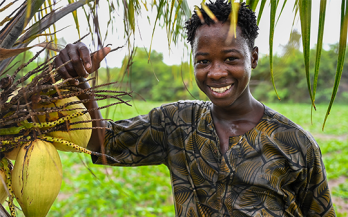
Leveraging WTO rules to tackle malnutrition
The benefits of trade are often viewed in economic terms, but its human impact — on malnutrition in particular — cannot be ignored. Malnutrition stunts development, weakens immunity, and deteriorates bone and muscle health.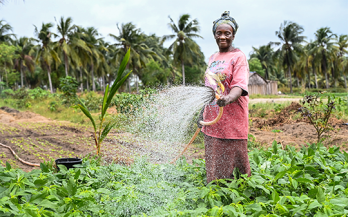
If the farmer grows, who will buy? Building Demand under the Vision for Adapted Crops and Soils (VACS)
, Global
The Vision for Adapted Crops and Soils (VACS) relies on a cross-cutting ecosystem of research, policy, production, and demand working together to drive the adoption and consumption of 'opportunity crops'
Can AI Chatbots Help Demystify Food Policies?
Using OpenAI LLM (GPT-4o) and embedding models, GAIN developed a Retrieval-Augmented Generation (RAG)-based chatbot and connected it to a database of 28 publicly accessible food and nutrition policy documents from Bangladesh.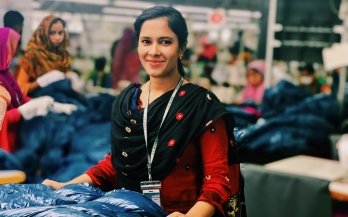
Fuelling the Workforce: How Nutrition Drives Occupational Health and Safety
This Human Rights Day, our panel will bring together experts from GAIN, SUN, ILO, and WHO to discuss the critical issue of nutrition integration in global labour standards. The panel is based on a comprehensive report that analysed the current state of nutrition considerations in international instruments, national legislation, and workplace practicesThis Human Rights Day, a live interview panel will bring together experts from GAIN, SUN, ILO, and WHO to discuss the critical issue of nutrition integration in global labour standards. The panel is based on a comprehensive report that analysed the current state of nutrition considerations in international instruments, national legislation, and workplace practices
GAIN Working Paper n°44 - Nourishing the Workforce: Nutrition Integration in Occupational Safety and Health Regulations
This report presents objective findings on the current levels of nutrition integration in international instruments and guidelines, and national legislations, regulations and procedures. Nutrition is only integrated in a few examples. Many laws, instruments and codes were developed before worker malnutrition was as prominent an issue and before newer scientific evidence emerged linking worker performance to improved nutrition. This new context, married with the evidence in this report, highlights the enormous opportunity presented to future labour standard setting for employees and employers.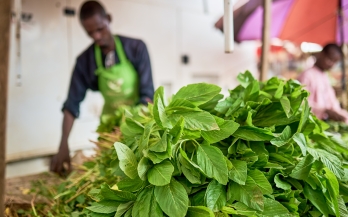
Transforming Food Systems for a climate-resilient, well-nourished Nigeria
Climate change is a threat to the sustainability of global and national food systems. Unsustainable food systems cannot ensure food and nutrition security or healthy eating patterns. Climate change is already altering agricultural production, food processing, distribution, and conSumption. Its impacts disrupt food supply, limiting people’s access to the diverse, safe, and nutritious foods that make up high-quality diets.
Leading the Change: GAIN at the Forefront of Indonesia's Green Economy Expo
GAIN Indonesia was at the forefront of Green Economy Expo held by The National Development Planning Agency (BAPPENAS) on July 3-5 in Jakarta. This year’s theme was “Advancing Technology, Innovation, and Circularity”. The event brought to the forefront discussions on sustainable development and the implementation of circular economy principles throughout Indonesia.